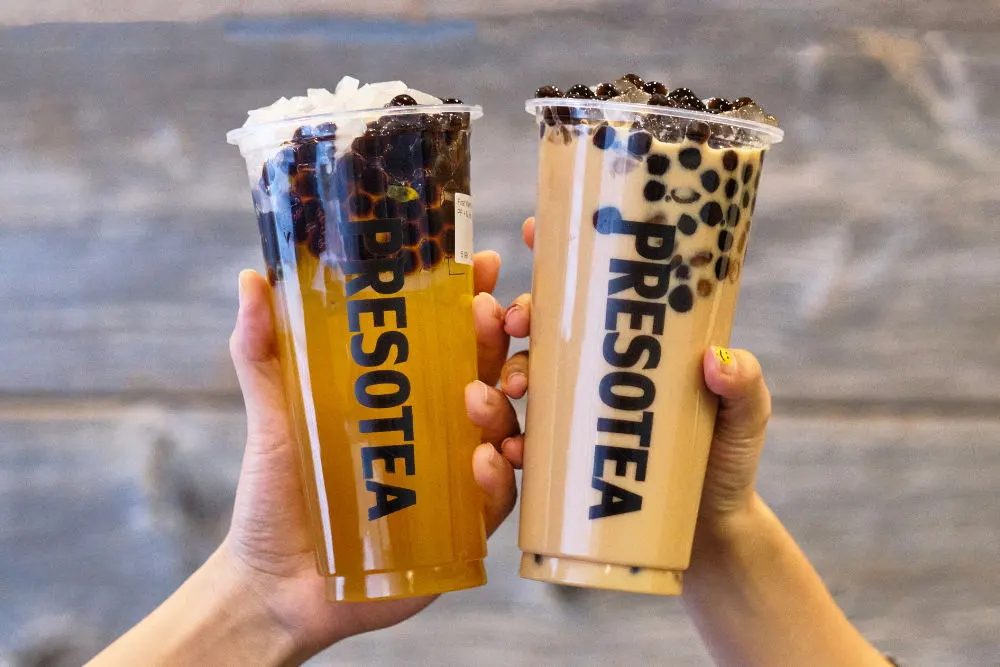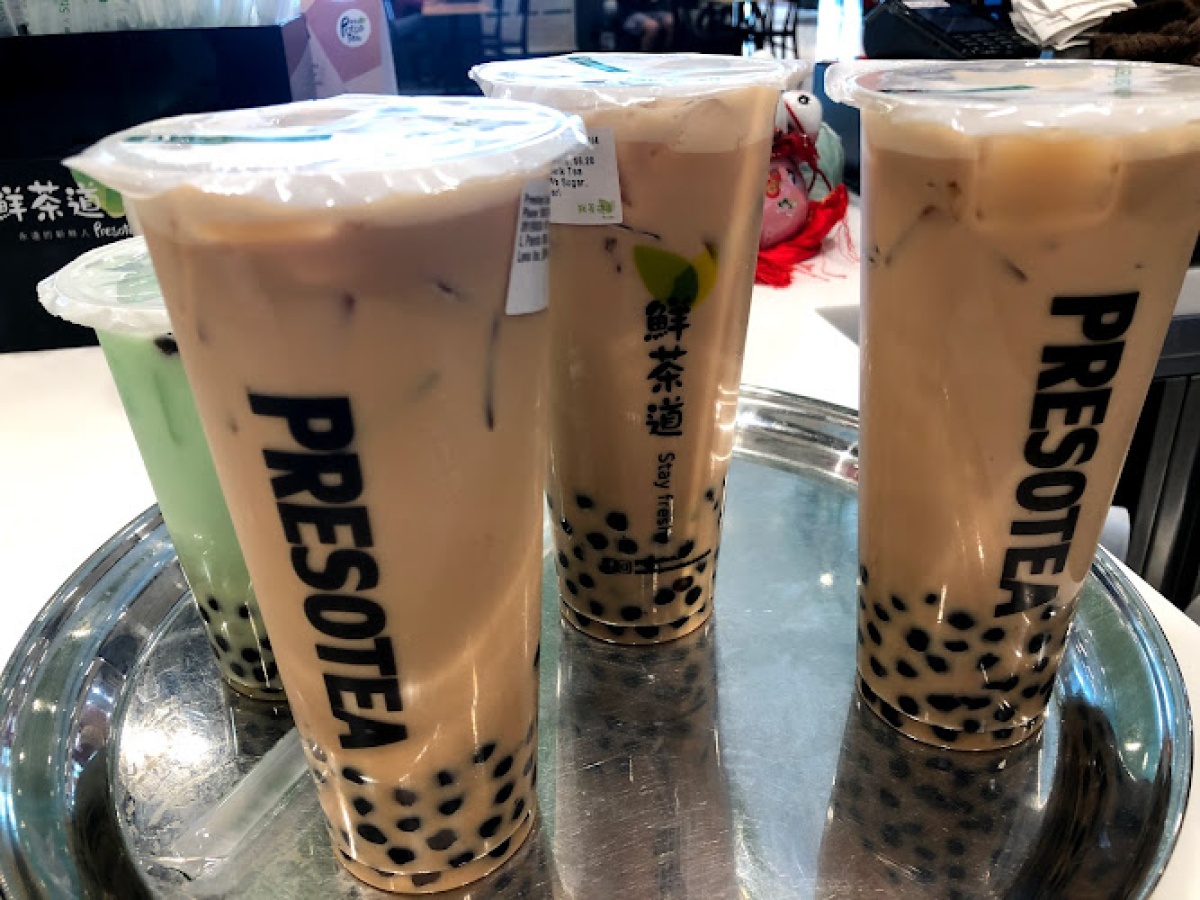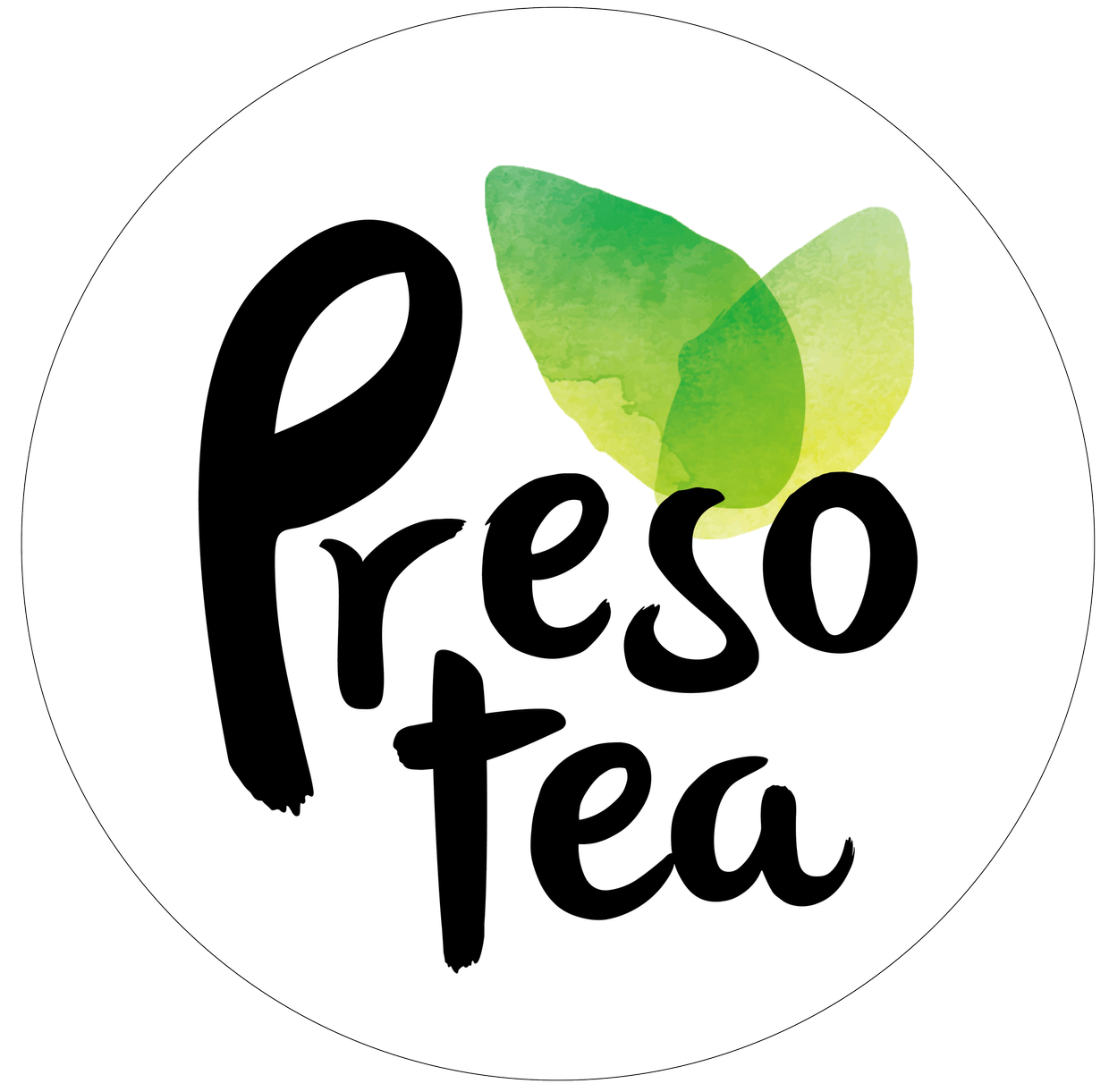Start a Boba Tea Franchise: Your Path to Succes
Launching a boba franchise business can be an exciting and profitable endeavor. Whether you’re passionate about bubble tea franchise or simply seeking a promising business opportunity, here’s a step-by-step guide to help you succeed.

Business
Bubble Tea: A Global Sensation
Bubble tea franchise may seem like a recent trend in the U.S., but it originated in Taiwan in the 1980s. This colourful drink, famous for its chewy tapioca pearls, quickly spread across Asia and the world, with major brands embracing it globally. Even fast-food giants like McDonald’s added bubble tea franchise to their menus in countries like Germany. KFC and Starbucks have also experimented with bubble tea franchise offerings in select Asian markets, while Dunkin’ introduced it in select U.S. locations.
If you’re thinking about starting a boba franchise shop, thoughtful planning is essential, from sourcing quality ingredients to building a unique brand.
Tea
What is Bubble Tea?
Bubble tea franchise, or boba franchise, blends tea, milk, ice, and tapioca pearls. These pearls, made from tapioca starch, provide a sweet, chewy texture. Boba tea franchise cost comes in a variety of flavors, from fruity options like mango to earthy tastes like matcha, and is served with oversized straws to sip both tea and pearls together.
With its growing popularity, the global Boba tea franchise cost market is forecasted to reach $4.3 billion by 2027, with the U.S. accounting for a significant share of this growth.

Your name and logo will be the first impression of your brand, so it’s important to get them right. Opt for something memorable, easy to pronounce, and relevant to Boba tea franchise cost. When designing your logo, consider versatility—will it look good on signage, social media, and your custom cups?
Research competitors for inspiration, and feel free to seek professional help to refine your branding. Make sure your logo is adaptable, as it will need to work across various platforms.
Once you’ve committed to opening a bubble tea shop, the next step is conceptualizing your business. Beyond serving bubble tea, think about whether you want to include other items like snacks or offer a sit-down space.
One of the unique selling points of bubble tea is the endless combinations of flavors and add-ins like fruit, jellies, and powders. Customization can set you apart from competitors but also requires careful menu planning to avoid overwhelming customers.
Researching your target audience will help shape your concept. For example, if you’re located in a business district, your customers might appreciate a streamlined menu with grab-and-go options, while a more trendy area could allow for bolder, experimental flavors. Understanding your market will help you design a concept that resonates with potential customers.
The buzz around bubble tea is undeniable, but before diving in, take time to evaluate whether starting a shop aligns with your financial goals. Depending on factors like location, it can cost anywhere from $75,000 to $500,000 to open a bubble tea business. It’s important to assess whether you can secure the necessary capital and calculate expected profits to see if the venture makes sense.
Key costs may include:
- Business incorporation fees ($150–$200)
- Permits and licenses ($100–$300)
- Business insurance (starting at $500 annually)
- Marketing materials such as business cards and brochures ($200–$300)
- Digital presence (website and social media profiles: $1,000–$3,000)
- Lease deposits and first-month rent ($3,000–$7,000)
- Equipment and furnishings ($15,000–$30,000)
- Ingredient inventory ($2,000–$4,000)
In some cases, owning a boba shop could lead to $6,000 to $9,000 in monthly profit—depending on factors like pricing and customer demand. If you live in an area with less interest in bubble tea, reaching those profit margins might be more difficult.
Additionally, consider whether you want to start your own brand or buy into a franchise. While franchises offer the advantage of brand recognition, they may come with higher start-up costs. Weigh your options and research to determine the best route for you.
The right location can make or break your business. For bubble tea shops, places near schools, colleges, or bustling commercial districts often perform best. If you're aiming for a sit-down experience, prioritize a location with ample foot traffic and parking.
Keep in mind that prime locations come at a price. It’s crucial to evaluate your budget and compare leasing rates to find a spot that works for your business model. Alternatively, some entrepreneurs opt for mobile tea trucks, allowing flexibility in location and lower overhead costs.
No business is complete without a detailed business plan. A good business plan will outline your vision, financial projections, market analysis, and strategy. This document will also help you attract investors or secure loans.
Your plan should detail start-up costs, anticipated profits, competitive advantages, and more. It’s also the time to finalize your menu offerings and map out how your store will stand out from other bubble tea shops.
To officially start your business, you’ll need to handle legal formalities such as incorporation. Consulting with an attorney can help ensure that your business is properly set up to avoid personal liability. Other legalities include obtaining necessary licenses and permits and securing insurance to protect your business.
Your shop’s design should align with your brand identity, creating an inviting atmosphere for customers. From the layout to color schemes, ensure that every element supports your brand’s theme. You’ll also need to carefully plan your kitchen setup for efficiency, making sure that ingredients and equipment are easily accessible for quick service.
Bubble tea is all about flavor, and sourcing high-quality ingredients is essential to delivering a premium product. Decide whether you’ll be making tapioca pearls in-house or purchasing them pre-made. Additionally, offer a variety of teas, milk options (including non-dairy), and flavorings to appeal to a wide customer base.
